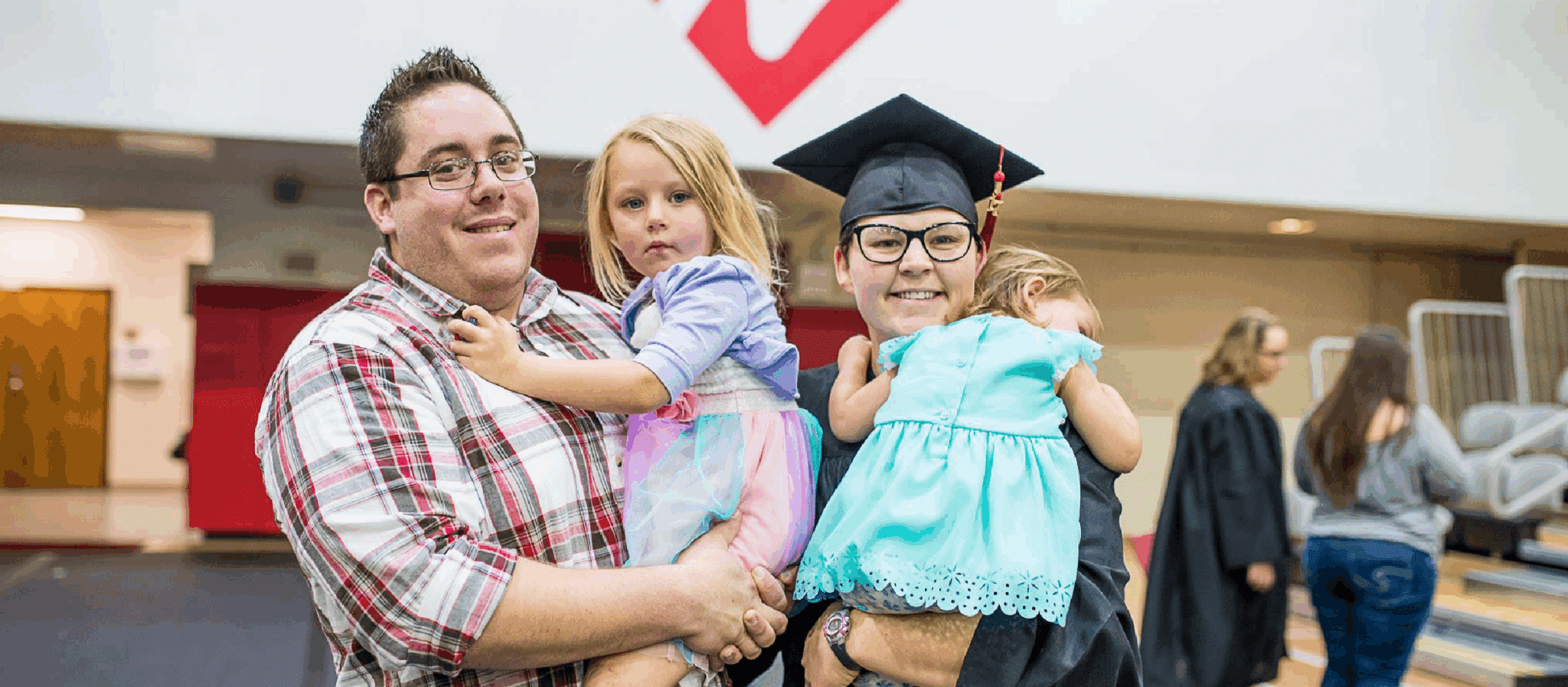Isothermal Community College joined the ATD Network this year as part of the second Accelerating Equitable Outcomes (AEO) cohort, a group of seven rural-serving colleges focused on transforming student experiences and outcomes. With campuses in Rutherford and Polk counties, North Carolina — about halfway between Asheville and Charlotte — Isothermal serves about 3,300 students in the region.
Dr. Margaret Annunziata, president of Isothermal, had been interested in joining the ATD Network since she assumed her position in early 2021. So when the opportunity arose to join the Network as part of the AEO cohort, which is funded in part by a donation from MacKenzie Scott, she “could not wait to get started.”
Meeting the needs of each community member
For the next three years, Isothermal will participate in ATD’s Foundations of Transformation, an intensive three-year program designed to build foundational capacities for student success, alongside the other six AEO cohort institutions.
“What we will be focused on as part of the cohort is meeting the needs of each member of our community,” said Dr. Annunziata.
In partnership with ATD coaches, the college will take an unflinching look at disaggregated data to understand where it is serving students best, where there are gaps to fill, and which community members it could be supporting more fully.
“What’s important is that we connect people with jobs, with wealth, with the ability to take care of themselves and their families,” said Dr. Greg Thomas, vice president of academic and student affairs at Isothermal. “If that has to take a different form for each person, as long as we’re reaching our mission, that’s what’s important.”
A strong start
In June, leaders from Isothermal attended the ATD Kickoff Institute in New Orleans to meet with their coaches, dive into institutional data, and set a course for the next three years of Whole College Transformation. It’s an initiation into the ATD Network that can seem daunting, but college teams almost always leave feeling energized and excited for the work ahead.
Dr. Thomas said a highlight of the Kickoff experience was seeing how his colleagues connected with the work. While some team members came to New Orleans unsure of what they would gain from the experience, over the course of just a few days their outlook changed.
“To see the people move from, ‘Why was I invited to this?’ — that’s almost a quote — to ‘I can’t wait to get back to campus and get other people involved in this work.’ That impresses me greatly,” Dr. Thomas said.
Graphic design, welding, and electrical systems technology students practice their skills on campus. (Photos courtesy of Isothermal Community College.)
Network benefits
Isothermal’s leadership team already had experience working within a network focused on college transformation. Since 2022, the college has been part of the Rural College Leaders Program (RCLP), a capacity-building initiative launched by the Belk Center for Community College Leadership and Research. Dr. Thomas and Dr. Annunziata both said the RCLP has been critical in supporting Isothermal’s transition to an eight-week course format and building capacity in key areas.
While the RCLP included a cohort of 10 North Carolina institutions, Isothermal is now part of the ATD Network of more than 300 community colleges. President Annunziata places a high value on connections to these peer institutions, which will be integral to the college’s continued capacity-building.
“It really is a network benefit,” she said. “It’s about not doing this work in isolation and not feeling as if we’re forging this path alone. It’s learning from people who have already done exceptional work and contextualizing it to fit our environment.”
Rural vibrancy
Higher education plays a critical role in generating wealth and opportunity in rural communities. As economies change, it will become increasingly important for colleges outside of urban centers to connect students not only to jobs, but to fulfilling and family-sustaining careers.
“We have to continue to connect our students to that next step,” Dr. Thomas said.
For example, many rural institutions are working to create pathways to in-demand fields such as health care. Dr. Thomas believes this should involve not only courses leading to a CNA (Certified Nursing Assistant) credential, but also opportunities to enter higher-paying Practical Nurse and Registered Nurse careers.
“There are challenges no matter whether you’re in an urban institution or suburban or rural,” Dr. Annunziata said. “But as population shifts continue, if we do not serve our rural communities, then what happens is only those with the means to mobilize, to make choices about where they want to go, have those opportunities.”
Isothermal’s leaders aim to give every community member a chance to build a family-sustaining career by meeting students and potential students where they are — and giving them opportunities to support themselves wherever they go.
“Rural communities are really critical in making that possible,” Dr. Annunziata said.



